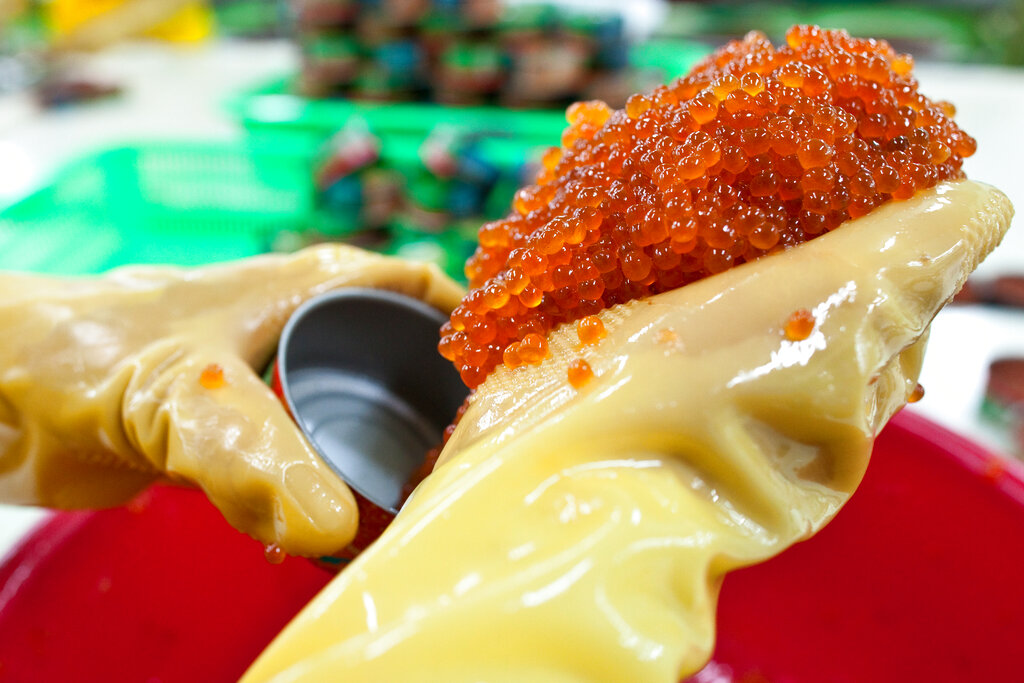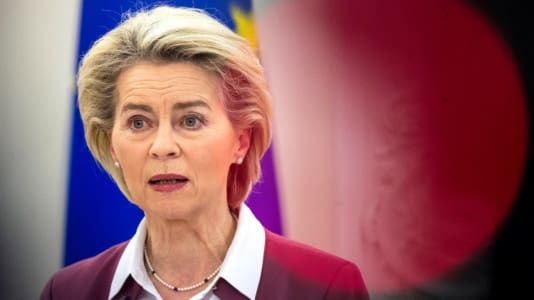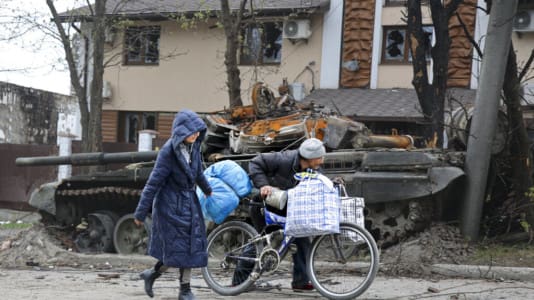As part of its latest package of sanctions, the European Union has banned the export of Russian caviar in addition to vodka, and has proudly justified this by penalizing a key sector. In reality, however, Russia’s share of the world caviar market and in the EU is now insignificant.
Caviar is traditionally obtained from sturgeon caught in the Caspian Sea and exported by Iran and Russia. However, overfishing has put sturgeon on the brink of extinction, and fishing for the threatened species has been banned worldwide. It is now farmed mainly in China.
In two decades, China came to dominate the market
China began importing huge quantities of live sturgeon chickpeas in 2001, but the volume began to decline significantly in 2013 because by then they had farmed enough animals to supply fish farms. As early as 2018, China accounted for 84 percent of the world’s shellfish farming, according to the European Fisheries and Aquaculture Market Observatory (EUMOFA).
Chinese companies exported 123 tonnes of caviar in 2020, and more than a third of that to the EU. In the same year, Russian exports were only one tonne. The balance of power is well illustrated by the fact that the world’s largest caviar producer, Kaluga Queen of China, founded in 2003, produces 60 tons of this luxury item a year — more than the total Russian exports between 2014 and 2020.
And the quality can’t be complained about either: Kaluga Queen supplies 22 French Michelin-starred restaurants, and Lufthansa and American Airlines also buy caviar for its first-class travelers. In comparison, Russia produced only 52 tons of this luxury item in 2019, when, according to statistics from the Food and Agriculture Organization of the United Nations (FAO), global production reached 688 tons.
The EU itself is a major ‘caviar power,’ with a total of 164 million tonnes of caviar produced in 2020 across its member states. Last year, Russia ranked just 7th in caviar exports to the EU27, with a turnover of €3.4 million euros, well behind Iceland with €38.3 million, the United States with €31.7 million, €16.5 million from China, and €7 million from Mauritania. Russia barely surpassed Canada (€3.3 million) and is not far ahead of Taiwan (€2.2 million).






